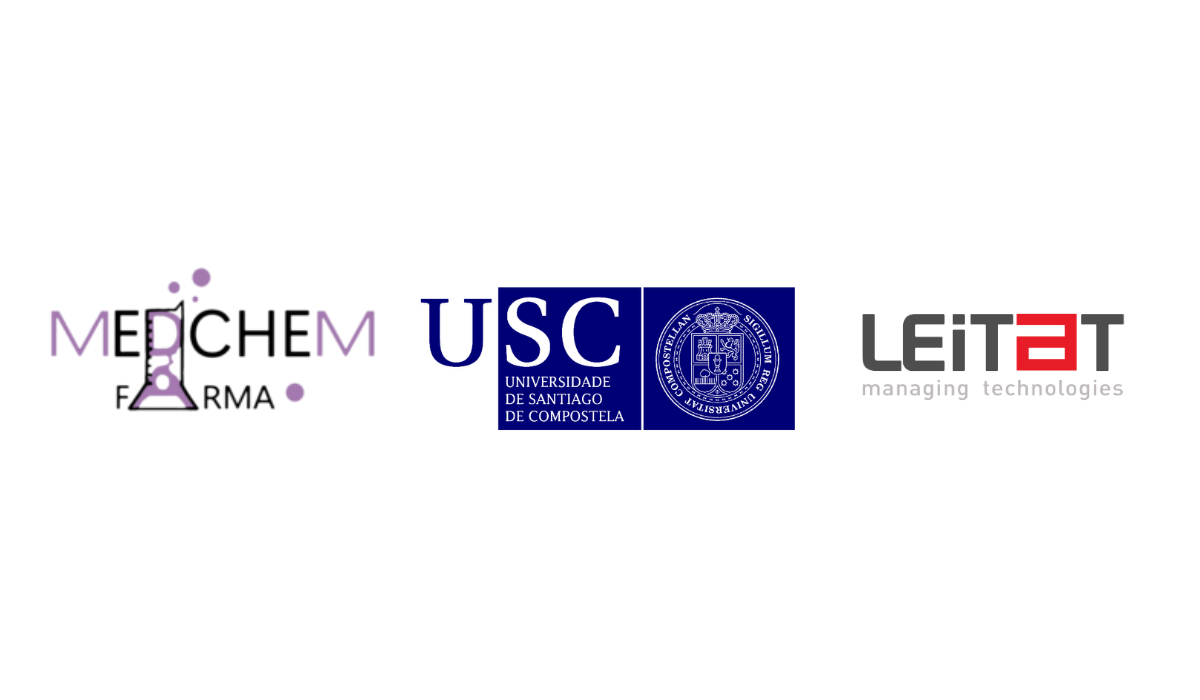Cancer immunotherapy, also known as immuno-oncology, represents one of the greatest revolutions in cancer treatment in recent decades. This therapeutic strategy uses the patient’s own immune system to prevent, control, and eliminate tumors, offering more specific and less toxic alternatives than traditional treatments. Among the multiple modalities of immunotherapy are targeted antibodies, cancer vaccines, adoptive cell transfer, oncolytic viruses, immune checkpoint inhibitors, cytokines, and adjuvants.
Within this framework, the HPK1-INHIB project focuses on the discovery and early development of a new covalent inhibitor of hematopoietic progenitor kinase 1 (HPK1), a protein that acts as a negative regulator in T and B cell signaling. By blocking the inhibitory signals mediated by HPK1, these new compounds enhance the ability of T cells to attack and eliminate tumor cells, becoming a promising target for antitumor immunotherapy.
This ambitious project is carried out by a public-private consortium composed of the biotech company Medchemfarma SL and the research centers University of Santiago de Compostela (USC) and the Leitat Technological Center. Interdisciplinary collaboration has enabled progress in the design, synthesis, optimization, and preclinical development of HPK1 enzyme inhibitors with a view to their future clinical evaluation.
In addition to its direct impact on improving the health and quality of life of cancer patients, this project has great socioeconomic potential, as it could reduce the costs associated with current therapies and provide new, more effective, and more accessible options for cancer treatment.
Project CPP2022-009716 funded by:





